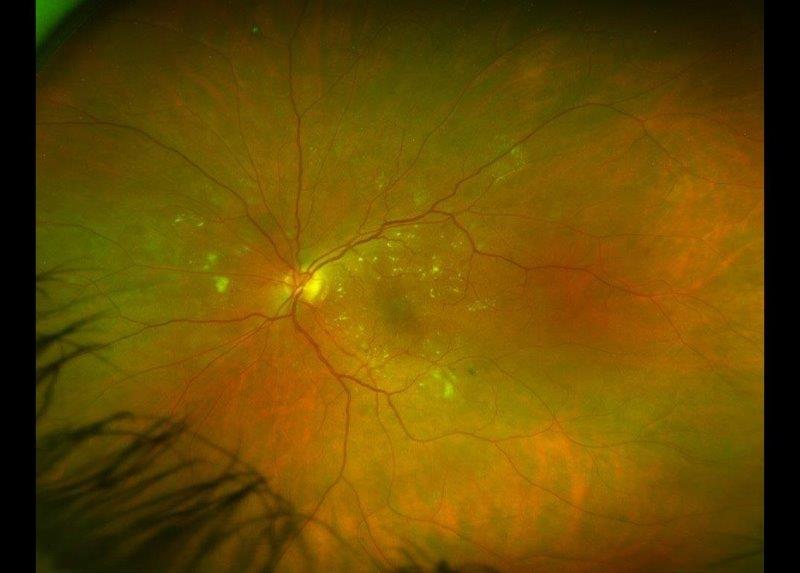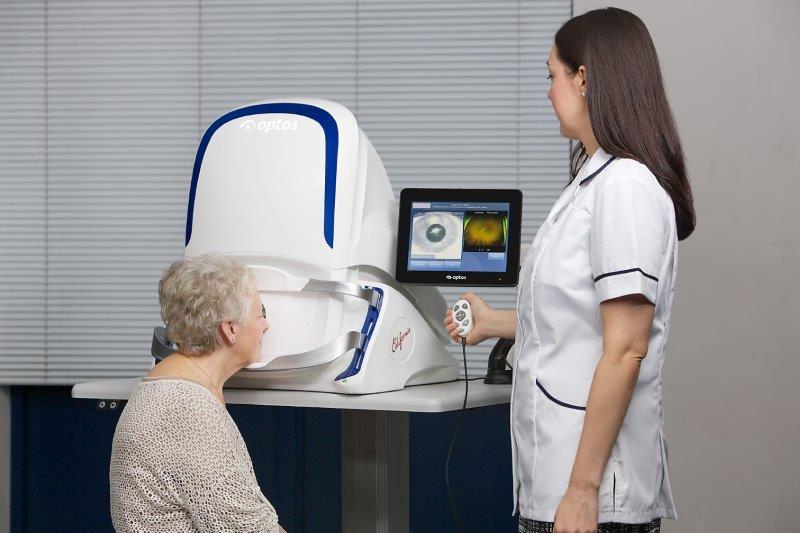Video game for visually-impaired
Researchers are testing a new computer game which they hope could hold the key to helping visually-impaired children lead independent lives.
Developed by a team of neuroscientists and video game designers from the University of Lincoln, UK, and the WESC Foundation, one of the UK's leading specialist schools for visually impaired children, the Eyelander game features exploding volcanoes, a travelling avatar and animated landscapes.
The idea is to improve the functional vision of children who have sight issues due to a brain injury rather than damage to the eye itself. Functional vision is used to perform everyday tasks such as safely crossing the road or finding a book on a bookshelf, but when the visual pathways between the brain and the eyes become damaged, the messages aren’t correctly relayed and the visual field becomes reduced.
University of Lincoln computational neuroscientist Jonathan Waddington says, “We are tapping into the brain’s innate ability to adapt (also known as neuroplasticity), and because substantial changes in vision are possible even into adulthood, this could yield real results.
“The game draws on existing training programs, which only offer black and white, two-dimensional shapes, and no interaction. The key to making the game successful is that we have we have combined our knowledge of neuroscience and psychology with expertise in game development so it is both effective and engaging.



























